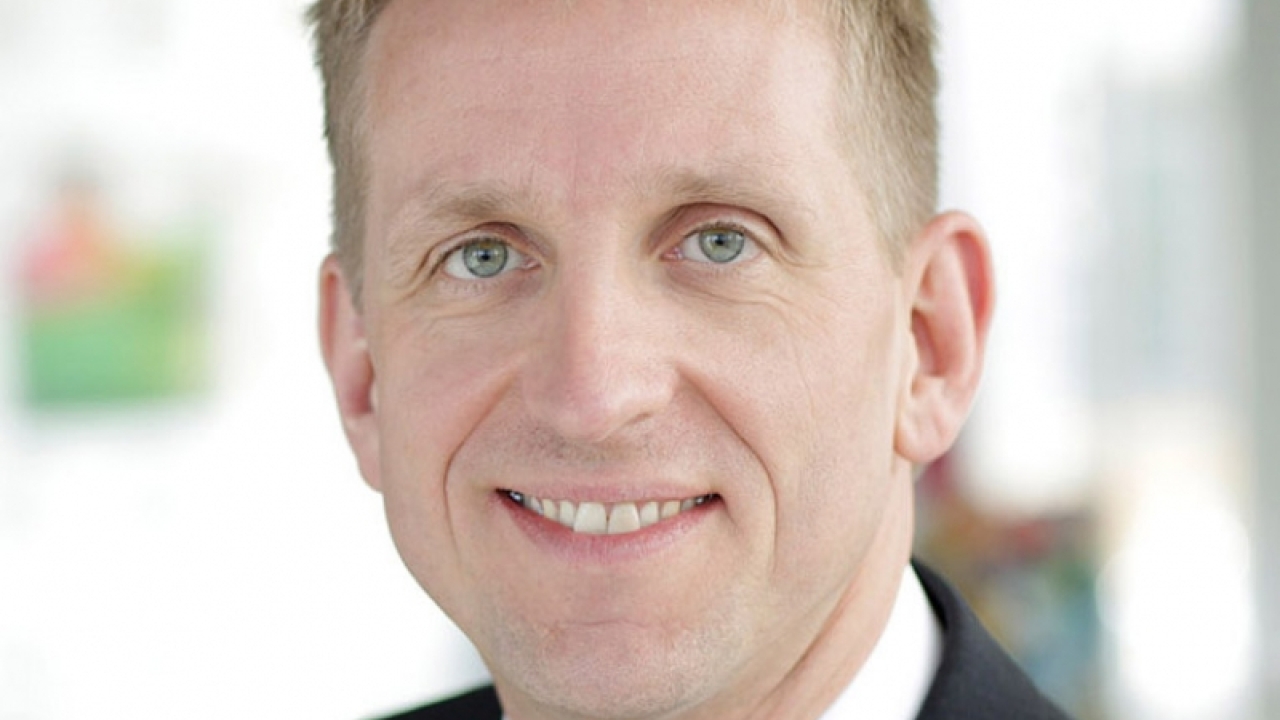Flexible Packaging Europe endorses New Plastics Economy Global Commitment
Flexible Packaging Europe (FPE) has issued a strong endorsement of the New Plastics Economy Global Commitment as it seeks to ensure flexible packaging plays an active part in the circular economy.

The New Plastics Economy Global Commitment has been established to combat plastic waste and pollution by uniting over 250 businesses, governments and other organizations from around the world behind a common vision and a set of 2025 targets to address the problem at its source. It is led by the Ellen MacArthur Foundation in collaboration with UN Environment.
The New Plastics Economy Global Commitment has already mobilized over 250 signatories to start building a circular economy for plastic. These include companies representing 20 percent of all plastic packaging produced globally, some of which are well-known consumer businesses such as Danone, H&M Group, L’Oréal, Mars Inc., PepsiCo, The Coca-Cola Company, Unilever, Carrefour, Nestle, Diageo, Kellogg's, M&S, and Target Corporation. Packaging producers such as Amcor, plastics producers including Novamont and resource management specialist Veolia are also signatories.
UPM Raflatac, Constantia Flexibles, Henkel, HP, Inc and Mondi are further signatories to the New Plastics Economy Global Commitment.
In endorsing the New Plastics Economy Global Commitment, FPE identified flexible packaging as, ‘one of the most resource efficient packaging formats due to its basic concept.’ That being to minimize at source the use of packaging material by intelligently selecting and possibly combining very thin films and foils to meet particular requirements and optimal performances , according to the association. FPE added that by applying prevention – the option at the top of the waste management hierarchy – material waste is avoided by using no more than necessary to develop the packaging solution in the first place.
Guido Aufdemkamp, FPE executive director, commented: ‘The industry is already making significant progress “closing the loop” to ensure flexible packaging plays an active part in the circular economy. But it also is important that the value of flexible packaging in a sustainable economy is recognized and fully appreciated.’
In recognition that end-of-life is more challenging for flexible packaging due to its very light weight and material composition, FPE has helped instigate a number of initiatives, such as the CEFLEX collaborative project in which the entire flexible packaging value chain is working to establish an infrastructure for collecting, sorting and recycling across Europe.
Aufdemkamp added: ‘Clearly it is important to maintain momentum to increase recycling. And we are one organization who called for a separate collection of all packaging to avoid any cherry-picking of materials, so that wider adoption of recycling is feasible. But it is important to realize that while packaging recycling is essential in a circular economy, it should not be a means to an end as the sole focus on packaging end-of-life can lead to undesired outcomes.’
To this end, FPE noted that it welcomes the New Plastic Economy Global Commitment’s aim to consider, ‘the full lifecycle and systems perspective, aiming for better economic and environmental outcomes overall.’
FPE comprises more than 80 small and medium sized companies as well as the major European producers of flexible packaging for all materials. FPE members manufacture all types of flexible packaging and represent more than 85 percent of the European flexible packaging turnover. Also, six national flexible packaging associations are members of FPE ensuring consistency between national and European activities and lobbying.
Stay up to date
Subscribe to the free Label News newsletter and receive the latest content every week. We'll never share your email address.

